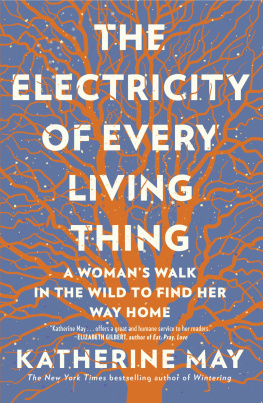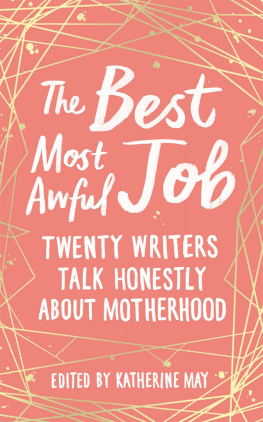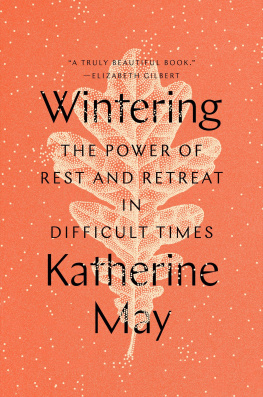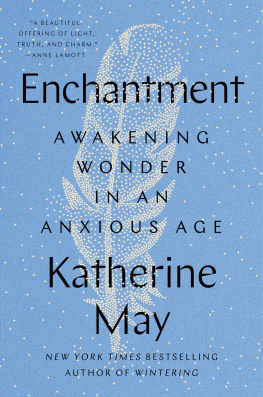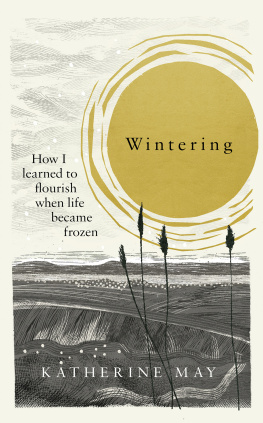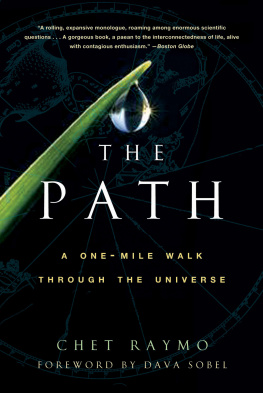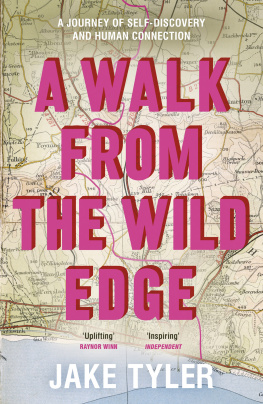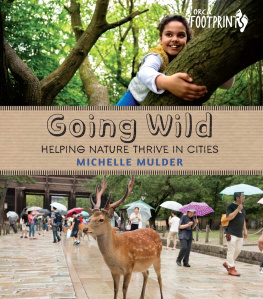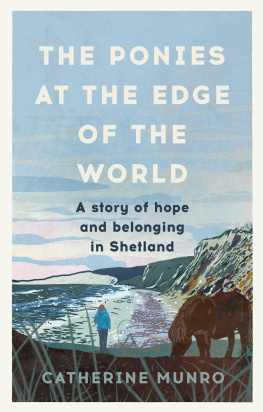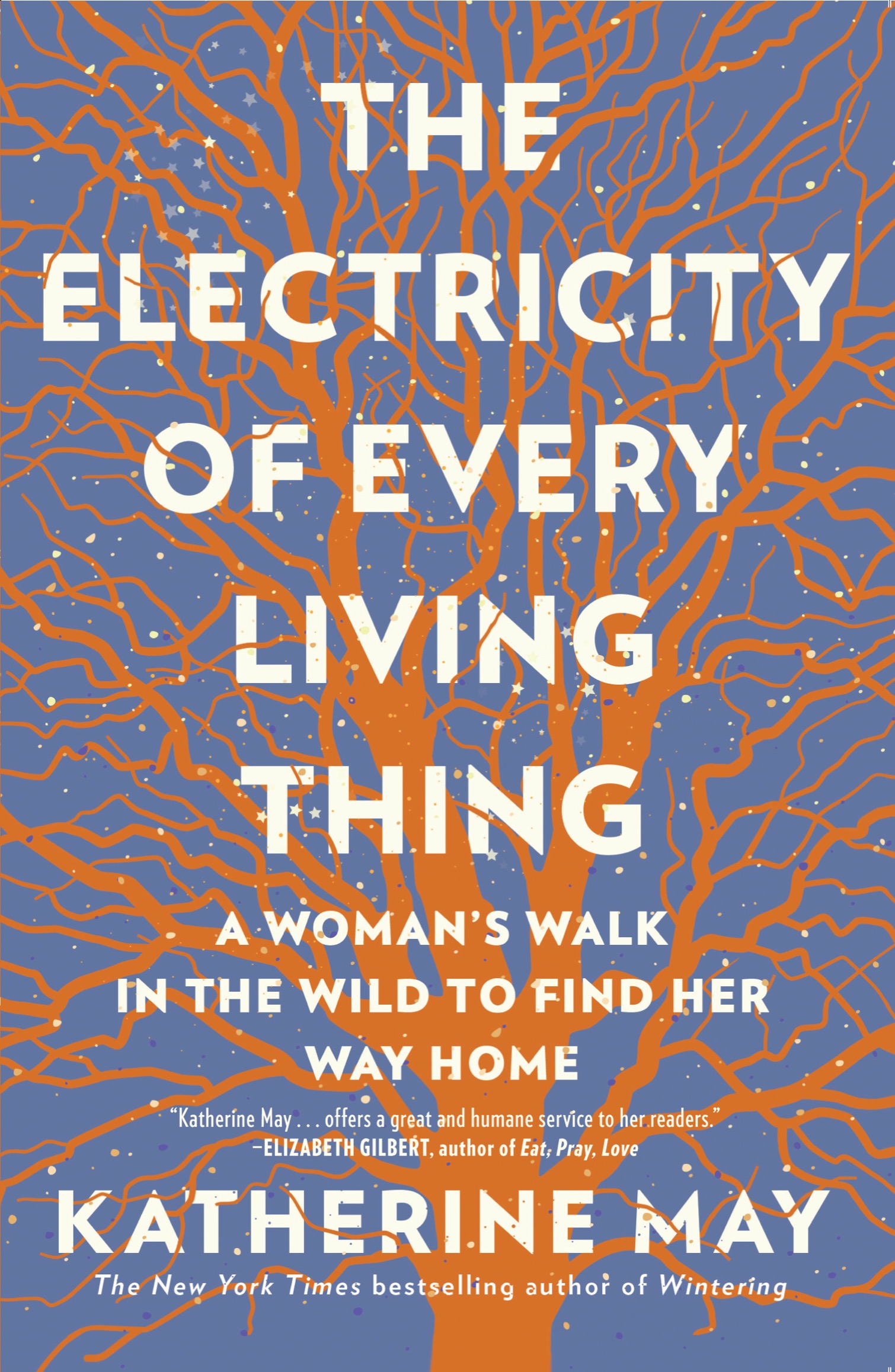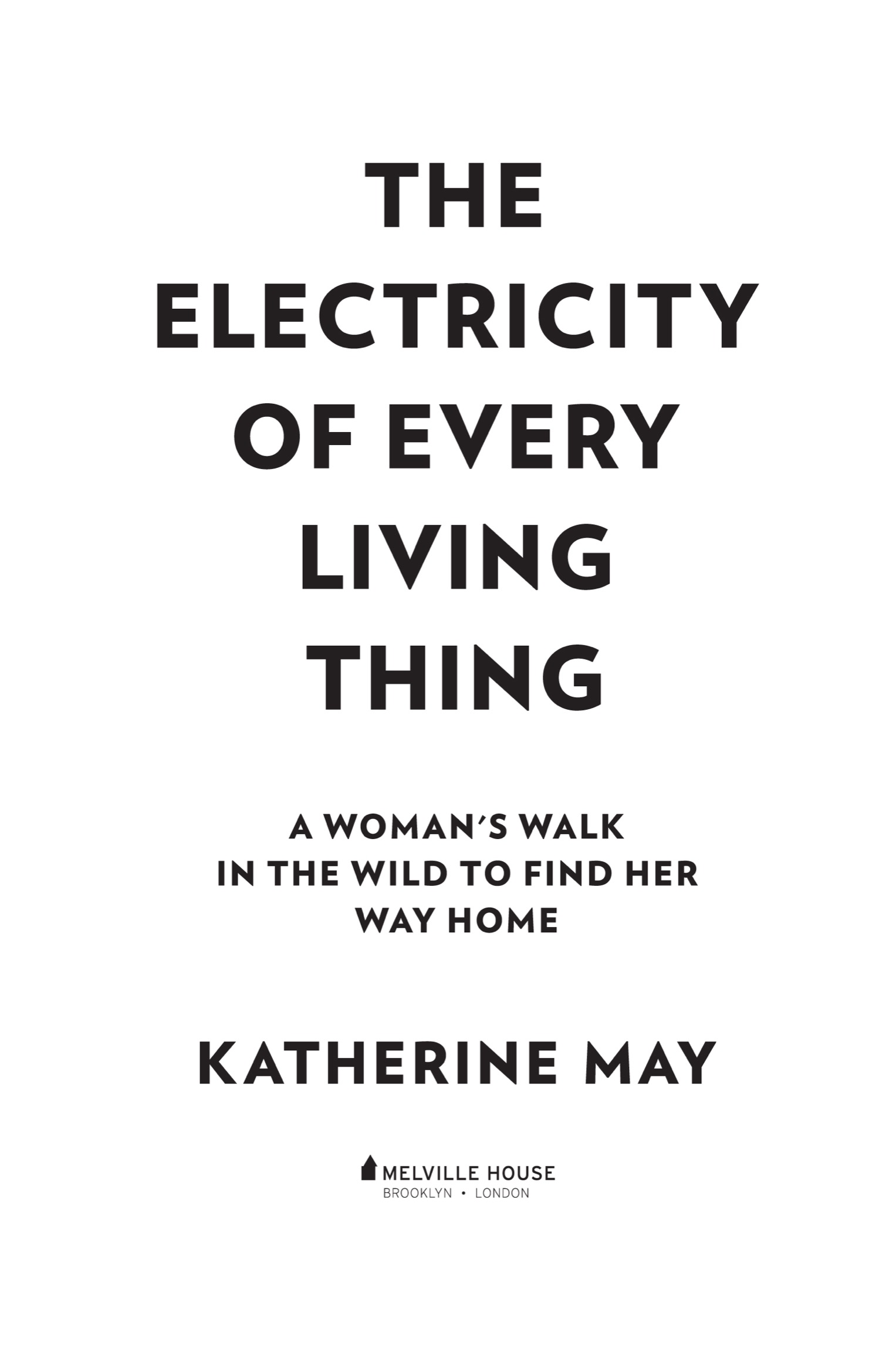The universe is full of magical things patiently waiting for our wits to grow sharper.
walking too far too often too quickly is not safe at all.
The continual cracking of your feet on the road makes a certain quantity of road come up into you.
AUTHORS NOTE
I have always said that I hope this book becomes very dated, very quickly.
It hasnt happened yet, but I am an optimistic soul. I wrote it because I struggled to find a reflection of myself anywhere when, at the grand old age of thirty-nine, I realised I was autistic. There were a few web pages that I read over and over again as if I might find myself somewhere between their glyphs. There were a handful of books in which I could recognise myself if I squinted. But the world, in general, seemed to think that autism was the domain of little boys who couldnt speak for themselves. The idea that an adult woman might want to claim that label - particularly someone who, on the face of it, was coping perfectly well - seemed absurd to many people. Some even suggested that I was trying to steal care from those who really needed it.
That was only six years ago. Some things have changed since then, but not many. The sense of bewilderment that I describe in this book - the feeling of being lost in a desert of scant information - remains a common experience for late-diagnosed autistics. People like me can live entire lives wondering why everything is so hard for us. Doctors, teachers and mental health professionals are still routinely unable to spot our autism, and their knowledge is often agonisingly out of date. The invisibility endures. My book, sadly, is very much of the moment.
But a memoir is always a snapshot in time - unstable, imperfect, capturing meaning in flight. If I wrote this book again, there are things Id do differently. Im struck by how much my language has changed since then. I no longer use the term Asperger Syndrome, partly because of its origins in Nazi eugenics, but also because I refuse to separate myself from the broader autistic community in that way. As I was writing the book, the D in ASD - disorder - rankled, because it seemed to me that autism was a state of being, a neurological difference, and not intrinsically a deficit. At the time, I reluctantly accepted that I had to use the standard term. Since then, Ive adopted the more neutral term ASC - Autism Spectrum Condition - and I invite you all to do that same. Language matters. Careful words foster change.
For me, that change has come from the astonishing autistic community that Ive found online, who constantly urge me towards a more thoughtful understanding of my place in this world. Under their tutelage, Ive become better informed, more critical, and probably more politicised, too. I have a far more intersectional understanding of how individuals experience their autism, and Ive spent more time reflecting on the complex privilege of being able to mask and pass as neurotypical. Most of all, Ive found a kind of awe at the way this disparate group of people bend towards compassion, fairness and beauty, even in the face of huge challenges. It is impossible to truly understand autism without understanding the luminous everyday of autistic lives.
There is no single, defining version of autism, but instead an overlapping multiplicity of minds. The term spectrum is a poor way of capturing the sheer diversity of our experience - its too linear, too fixed. When I imagine us, I think of a constellation instead, or perhaps a galaxy: millions of different stars shining, each expressing their fire in a different way. I am just one way of living that experience. If you want to learn about autism, read as many perspectives as you can, and get ready to put aside all your preconceptions. We are not the blank, unfeeling automata so often portrayed in literature. We are funny, loving, hyper-empathetic humans whose brains function a little differently, and who often find the world painfully stressful. You rarely learn this from third-person accounts.
I wrote Electricity in the white heat of transformation, flooded with new self-knowledge. Ive learned a lot since then. I have realised that I was trying to crowbar myself into a life made for someone else, not me, and that it was frequently making me sick. I have accepted, finally, that I need to take better care of myself, because I cannot be fixed or reformed, and I dont want to be. Those insights - that deep, embodied learning - are what I poured into my book, Wintering. They have helped all kinds of people, but they are rooted in my neurodivergent perception of the world. Wintering is what you come to know if you are autistic, and you learn to survive. This book shows the painful process of getting there.
Katherine May,
June 2021
PROLOGUE
The Isle of Thanet, November
Late afternoon in November, and its dark already. Im driving. To my left is the sea at Westgate; to my right, the low sweep of Pegwell Bay. Not that I can see either of them in the gloom, but I know this stretch of road well. The land feels spacious when the seas nearby, and this is the furthest tip of Kent, the jutting hounds nose where youre suddenly surrounded by water.
Im late. I hate being late. I switch on the radio for company. A man is interviewing a woman. She is talking about the intensity of everything around her; the way all her senses are heightened to light, noise, touch and smell. They make her anxious. I turn on the windscreen wipers and clear myself two arcs in the drizzle. She finds people hard to understand; she would prefer it if they said what they meant. Too true, I think. Good luck with that.
Then the interviewer says that his son is on the autism spectrum too, and he needs to write everything down or else he wont be able to take it in, and I think, Yes but Im like that, too. I hate plans made on the hoof; I know I wont remember them. I cant ever recall names unless I see them in writing. Mind you, I cant remember faces, either. People just fade in and out of the fog, and I often have no sense of whether or not Ive met them before. My life consists of a series of clues that I leave in diaries, and address books, and lists, so that I can reorient myself every time I forget.
Its like that for everyone, though. Were all just trying to get by.

